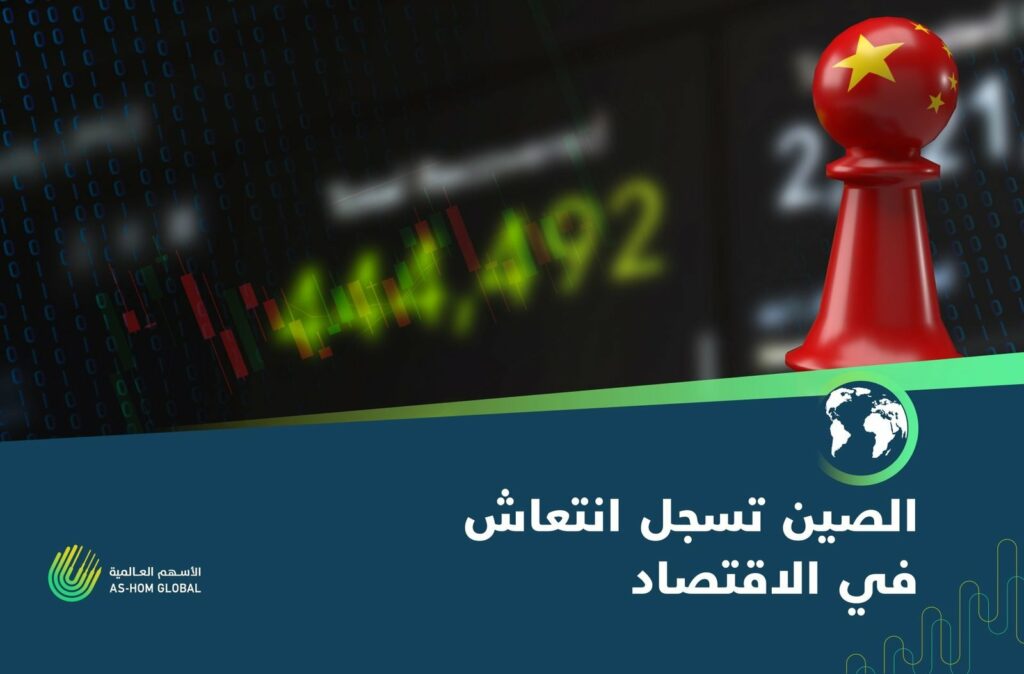Learn about economic recession and at what stage it occurs
An economic recession is generally defined as a period of at least two consecutive quarters, or six months, during which a country’s gross domestic product (GDP) declines. However, this definition may vary slightly depending on the context and the specific indicators used.
Business cycle and phases:
An economic recession is part of a broader business cycle, which consists of alternating periods of expansion and contraction in economic activity.
The business cycle typically includes four phases: expansion, peak, contraction (recession), and trough. Recessions occur during the contraction phase.
Demand Side Factors:
-
Decrease in consumer spending: During a recession, consumers tend to reduce their spending on non-essential items due to uncertainty, job losses, or lower income. This drop in demand can have a negative impact on businesses and contribute to an economic downturn.
-
Decreased Investment: Companies may postpone or scale back their investment plans during recessions due to lower consumer demand and a lack of confidence in future economic conditions. Decreased investment weakens economic activity.
Supply Side Factors:
-
Cut production: With weak demand, firms may cut back on production levels, leading to lower production and potential layoffs. This drop in production exacerbates the general decline in economic activity.
-
Inventory Adjustments: During recessions, companies may reduce their inventory to match lower demand. This further affects production levels and can lead to lower orders for suppliers, causing a ripple effect across the supply chain.
Financial factors:
-
Credit crunch: Tightening credit conditions, such as stricter lending standards or reduced availability of credit, can constrain borrowing for businesses and consumers alike. This lack of access to credit stifles investment and consumption, amplifying recessionary pressures.
-
Asset market volatility: A sharp drop in asset prices, such as stocks, real estate, or commodities, can erode household wealth and reduce consumer confidence. This drop in asset values can have a negative effect on wealth, prompting consumers to cut back on spending.
External factors:
-
Global Economic Factors: Recessions in major trading partners can greatly affect a country’s economy through lower exports, lower foreign investment, and lower tourism.
-
Financial contagion: Financial crises or shocks in a country or region can spread globally through interconnected financial markets, leading to simultaneous recessions across multiple economies.















